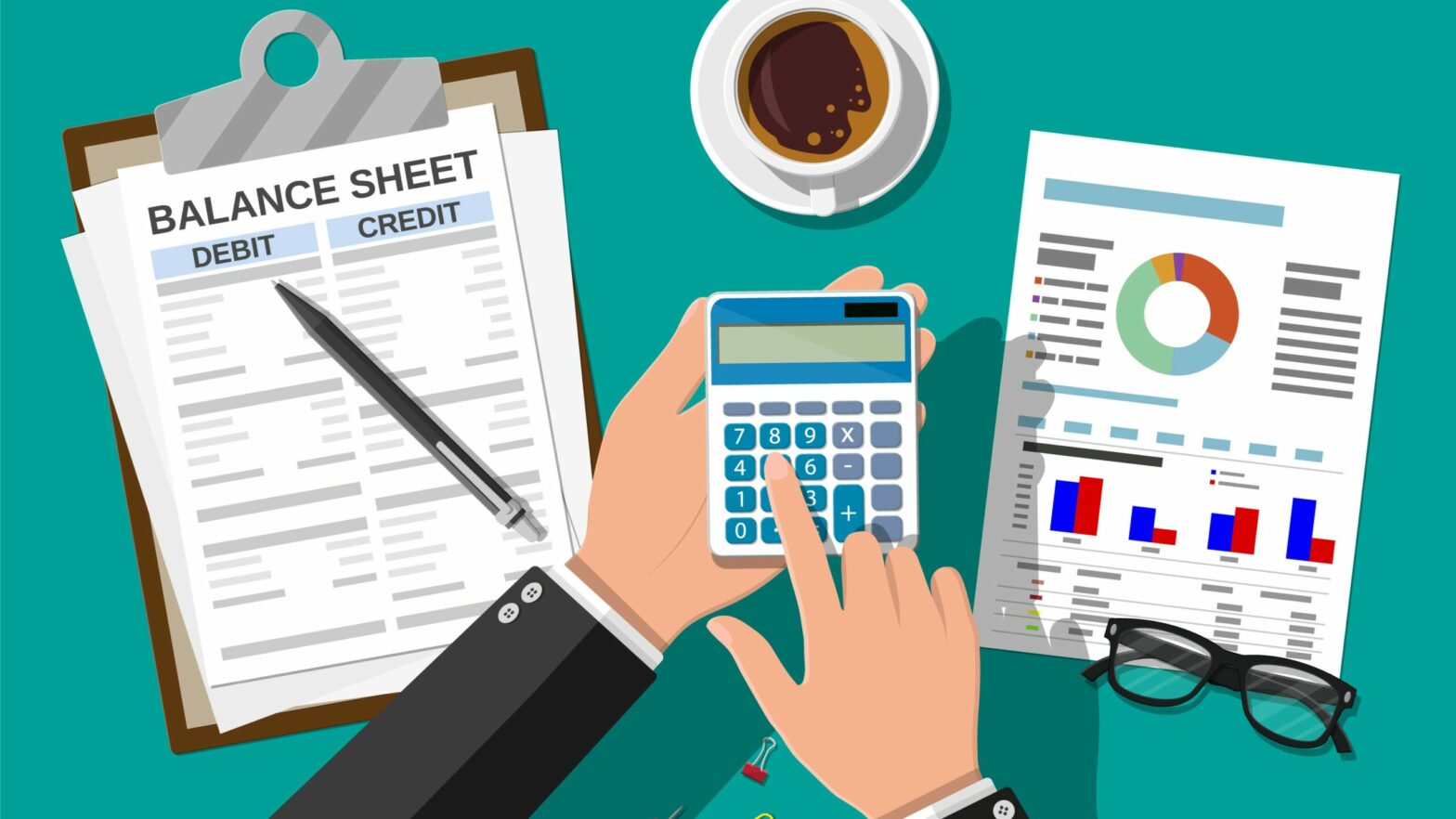HSBC has launched a Green Loan scheme for small and medium-sized businesses who want to build on sustainable activities.
The minimum HSBC Green Loan starts at £300,000 for companies to access finance to support sustainability projects.
The HSBC Green Loan scheme is part of a wider HSBC green finance proposition to help British companies meet their environmental and sustainability goals.
No fixed amount has been earmarked for the SME Green Loan scheme.
The thinking is that small businesses will be able to demonstrate that a portion of their funding is green finance. Green credentials are becoming increasingly important for small firms supplying enterprise companies that need to show off their own green credentials, either to employees or investors. Creating a green trail is growing in importance.
Although there is no price difference between a Green Loan and regular borrowing, HSBC UK commercial banking head of sustainable finance Rob King says that he will try to make draw-down as quick as he can.
King said: “We’ve worked hard to make sure the process of getting the loan is as straightforward as possible. We’ve tried to avoid a lot of paperwork.”
Green asset finance
Small businesses will also be able to finance green assets through a Green Hire Purchase, Lease and Asset loan product.
And enterprise-level companies will be able to access funds through the UK’s first Green Revolving Credit Facility (RCF), with a minimum loan value of £1m.
HSBC began trialling Green Loans to larger corporates last November. The minimum loan is £25m. It has lent £600m so far to companies including property developer Argent to help build Facebook’s new UK headquarters in London and Edwardian Hotels London to help make its new boutique hotel The Londoner one of the greenest hotels in the UK.
HSBC’s green finance proposition is part of the bank’s global commitment to provide $100bn in sustainable financing and investment by 2025.
Green finance is becoming a growing sub-sector as companies and lenders seek to burnish environmental credentials. Governments around the world have commit to transitioning to a low-carbon economy at an estimated cost of $100tr.
- Global green bond issuance surpassed the $100bn mark last month. Green bonds raise income for projects with environmental benefits. Although they make up a small fraction of the overall bond market, they are attracting more attention because meeting emissions-cut targets will need trillions of dollars of capital from public and private sectors.
- Positive Incentive Loans are another fast-growing green product. Borrowers pay less for the loan providing the hit previously agreed environmental criteria. Nokia, which is aiming for a 41pc cut in emissions by 2030 compared with its 2014 level, recently secured a €1.5bn credit facility.
Yesterday, the Government released its new Green Finance Strategy. which posits making London the go-to hub for green investment. Kind said that the transition to a low-carbon economy will take a huge amount of investment, not just from large corporates but from small and medium-seized businesses as well.
“Every business will have to make changes,” said King.
Amanda Murphy, HSBC UK head of commercial banking, said: “With the Government committing the UK to reach net zero carbon emissions by 2050, sustainability is increasingly important for companies of all sizes. We can now support their aspirations through our comprehensive Green lending proposition, which supports businesses as they pursue sustainable and environmentally friendly focused activities.”
King added: “We have seen strong demand from businesses since launching the Green Loan pilot last year, so we are confident this suite of products will continue to support our customers to meet their sustainability agendas. Our customers are asking for more green finance products to support their ambitions.”






